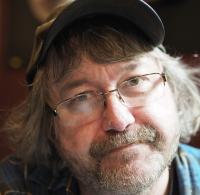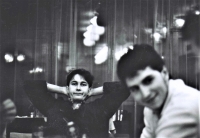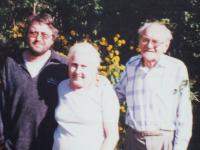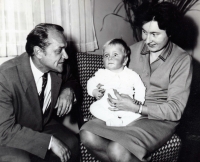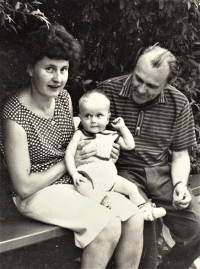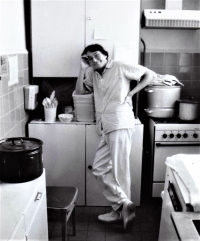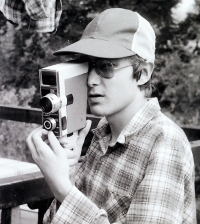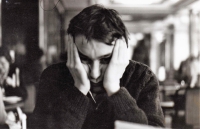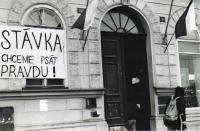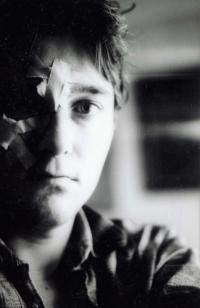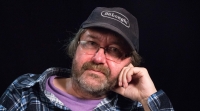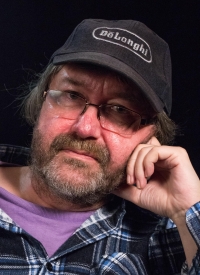The police baton nearly took his eye. They made him a showcase of the Národní třída beating
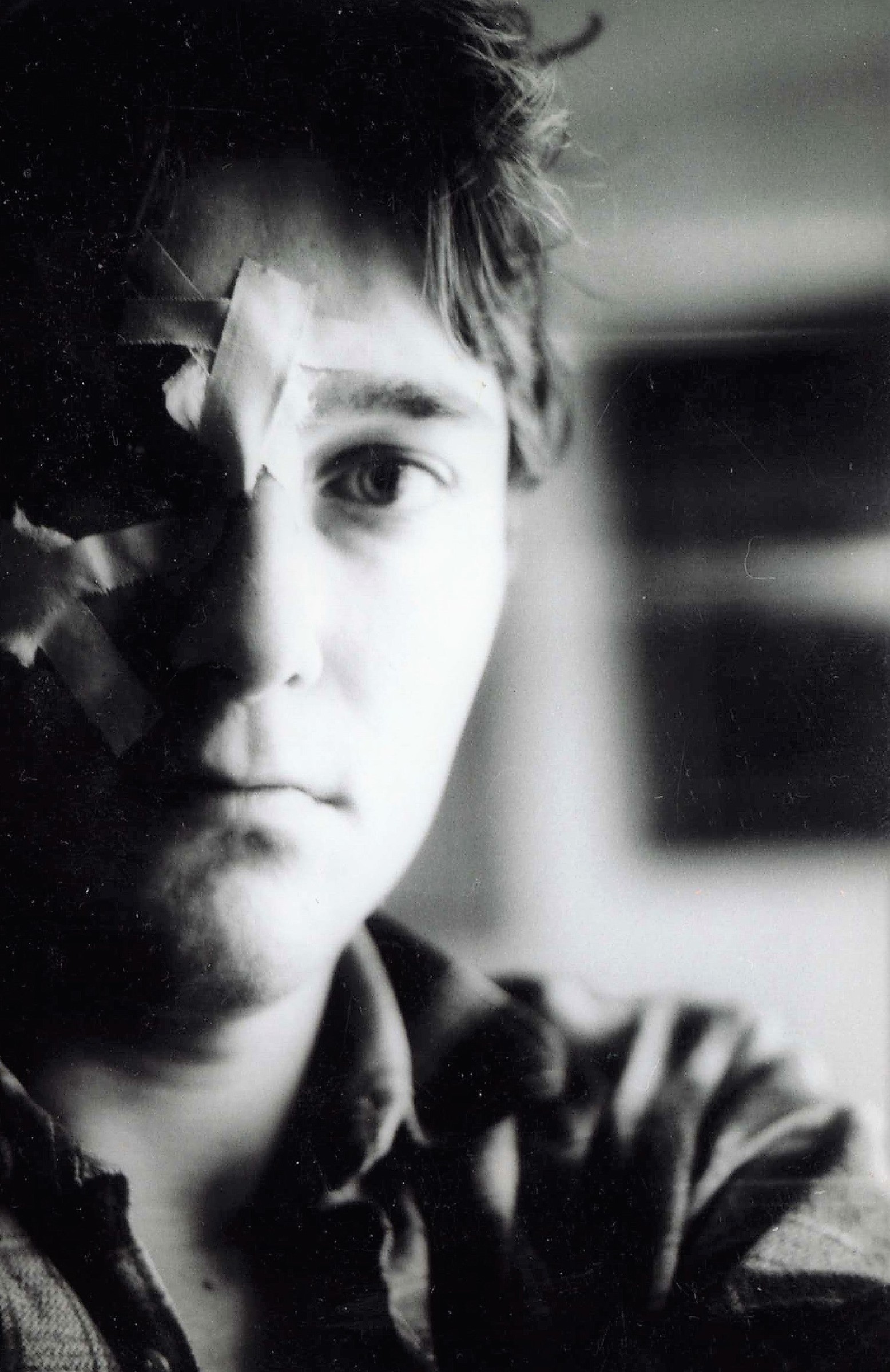
Download image
Milan Podobský was born on 31 December, 1966 in Prague - Bubeneč. Both parents were teachers. He attended the gymnasium Arabská. He inclined to the world of media and had to make a decision between the film and journalism. He submitted application to both fields and in the end he was accepted to the faculty of journalism. He enjoyed the student life in respect of participation in splended social events and also by participating in the faculty magasine carrying the name PROTO (translates as “BECAUSE”). His restless character caused his activity in the youth organisation SSM, but in a different way than expected. The thoughts coming to us from the free world had a strong influence on him. As a funcionary he participated in the students march, which began in Albertově, but against all expectations continued to the city centre.
